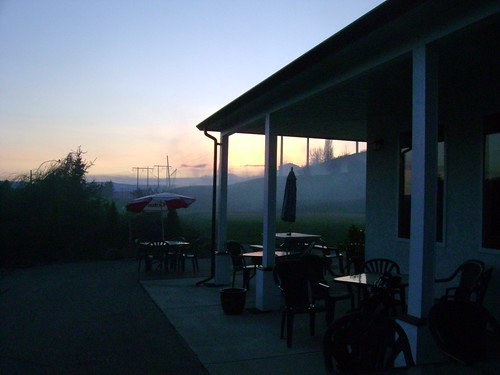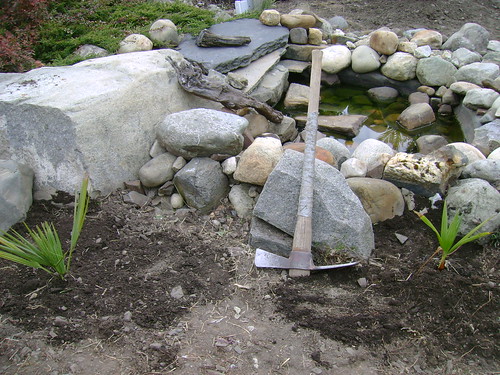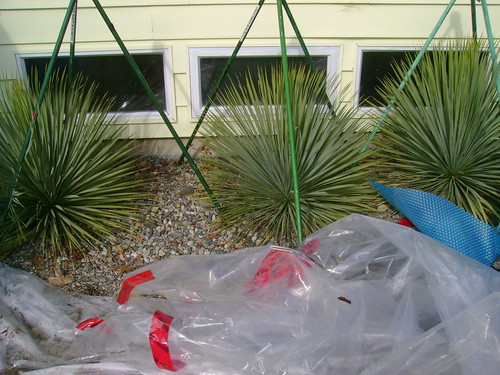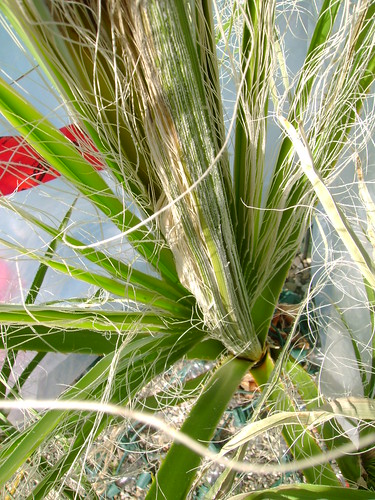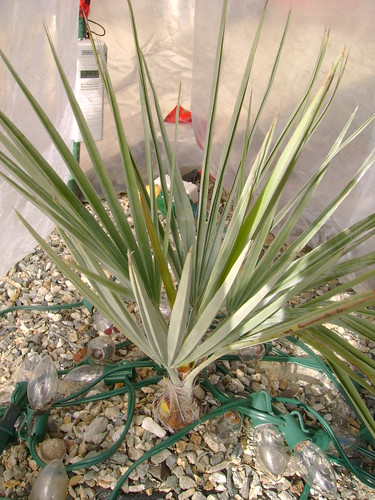Jennifer Smith's editorial in Friday's Morning Star was entitled "Blue Box Blues".
She basically read my mind.
So here are a few excerpts concerning MMBC's "new" recycling policy that takes effect May 29th in Vernon and surrounding area, via Emterra Environmental. Here's Emterra's founder and company details.
"Despite efforts to win us over with flashy new blue boxes, there doesn't seem to be a lot of excitement over the new recycling system in town."
"When I compare the list to the items I already recycle,
I actually see a reduction..."
Jennifer Smith, reporter with The Morning Star
Me too, Jennifer.
And that's at the core of the issue.
"All in all, I question the need for this new system (which also includes some major issues for producers, but that's a whole 'nother column). The recycling service we had worked wonderfully. Even though the new system is free to residents, the former service was a small expense for taxpayers ($20 for a full year is pretty affordable). It worked well, so why fix it?"
My point is that there's nary a mention of what will happen to the former recycling center employees? Clients of Venture Training Center in Vernon found meaningful employment through Encorp Recycling...will they be kept on by Emterra? Not a word about that.
And there ARE fewer items that will be allowed through the new system, despite what the flashy brochure that arrived with the blue boxes promotes.
For instance, plastic retail bags and plastic overwrap and plastic dry cleaner bags and plastic fruit/vegetable bags are no longer allowed, and residents are encouraged to take them to a recycling depot.
Yeah, right...sure!
They'll end up back in the garbage where they were prior to Encorp's current recycling plan.
So will potato chip bags, despite being 100% aluminum foil.
So will plastic bags and plastic overwrap, despite being 100% plastic.
 |
| Plastic overwrap--like plastic bags--are 100% plastic, but not allowed under MMBC. Neither are potato chip bags! |
 |
| These plastic beverage cups may (or may not) be allowed, despite bearing the Recycle trademark. |
So why aren't previously-accepted recyclables allowed?
Well, maybe it's because the "industry-led" program's owners don't make those products?
Could that be?
Let's have a look to see who the directors (originators) of the "brought to you by industry" MMBC program are:
John Coyne, Chair of Unilever Canada (multinational/Anglo-Dutch)
Denis Brisebois, Treasurer, Metro (multinational/Canadian)
Christine Bome, Walmart (multinational/American)
Scott Bonikowsky, Tim Hortons Inc. (multinational/Canadian)
Robert Chant, Loblaw Companies Limited (Canadian)
Dave Moran, Coca Cola Refreshments Canada (multinational/American)
Gord Meyer, Procter & Gamble (multinational/American)
Kelvin McCulloch of Buckerfields (April 2/14 story here) isn't the only one against the new program.
In a previous story, we outlined that the Canadian Federation of Independent Business (April 23/14 story here) is challenging the onerous dollar amounts that are being charged to companies ... companies obviously not on the board!
We've heard some large companies got a bill for $300,000!!!!
By the way, there's no Recycling trademark on their brochure!
Local governments are reluctant to reduce our taxes by $20 in case the plan blows up, which it perhaps will, especially if--and it's a big if--local workers are no longer drawn from Venture Training. And if people are outraged enough to do something about that!
And a bunch of folks have voiced discontent over "Ontario dictating what happens in British Columbia".
A few have added the word "again" to that comment.
Frankly, most folks are surprised that the B.C. government has allowed Multi-Material B.C. to ram this through without input from industry in British Columbia. Good point.
"With fewer items that can go to the curb, they should rename themselves Mini-Material B.C.," offers Kia.
"We are told that the price of liberty is eternal vigilance.
So is he price of unity." Philip W. Wilson




